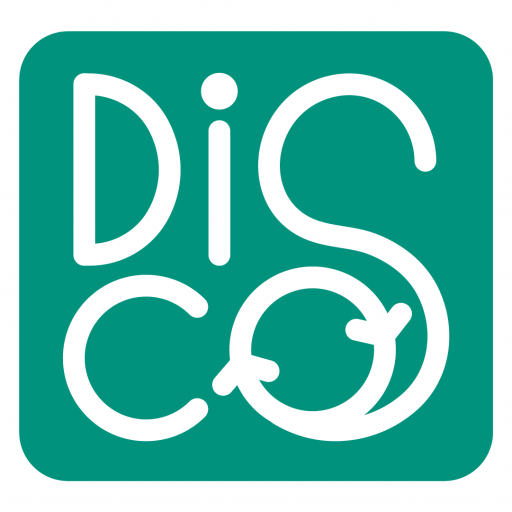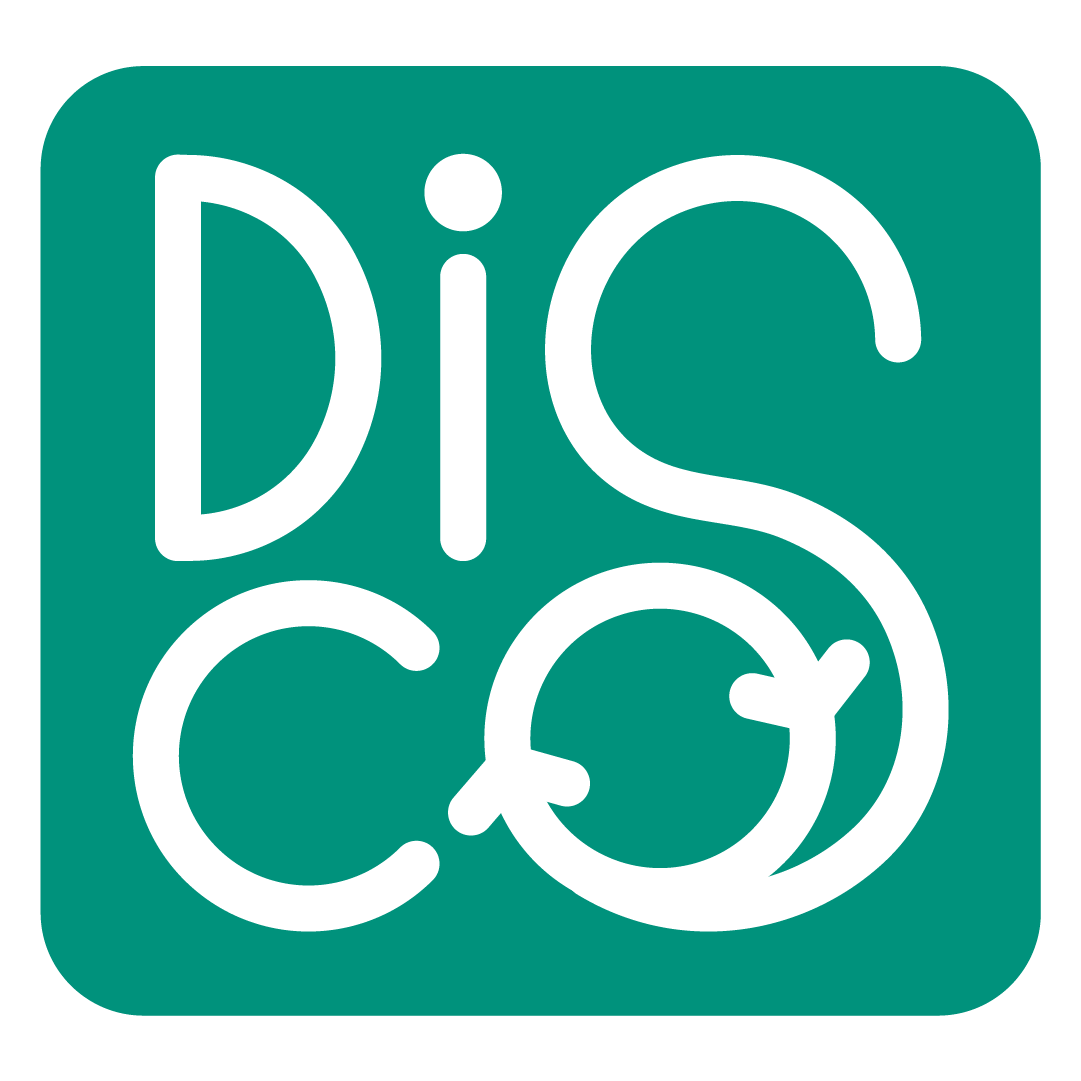Have you considered how your daily choices in food and transportation impact our planet?
Can digital technology transform our consumption habits to support a sustainable future?
The overall aim of DISCo is to produce both theoretically informed and practically oriented knowledge on how sustainable consumption – that is consumption that is less resource and carbon intensive and/or less environmentally damaging – can be enabled through digital technologies. Previous research has demonstrated that although motivated, households meet several barriers in shifting to more sustainable modes of consumption. This project draws on theories of practice and makes use of multiple methods to systematically investigate digital efforts to redirect, reorganise, and reduce consumption.
Ethnographic methods are put to use to understand everyday life, life cycle analysis (LCA) to understand the impacts of proposed solutions, and product design methods to instigate positive change. Focus is both on i) understanding how and under what conditions digital technologies promoting sustainable consumption (both explicitly and otherwise) become integral to household practices and ii) assessing the sustainability effects of these efforts.
Empirical focus will be on the consumption of food and mobility services. These areas are of interest both because of their interlinking significant carbon footprints and because of their central importance to everyday consumption. This in turn will enable us to discuss how these digital technologies can be better design to bring about change and sustainability transitions and the role that consumers, platform owners, and policy makers can play in making this possible.
WP structure of DISCo
WP 1: Mapping (of existing, digital platforms and infrastructure)
WP 2: Exploring (consumer practices related to platform use within food and mobility)
WP 3: Assessing (the environmental impact through life cycle analysis)
WP 4: Redesigning (through co-creation and imaginaries)

